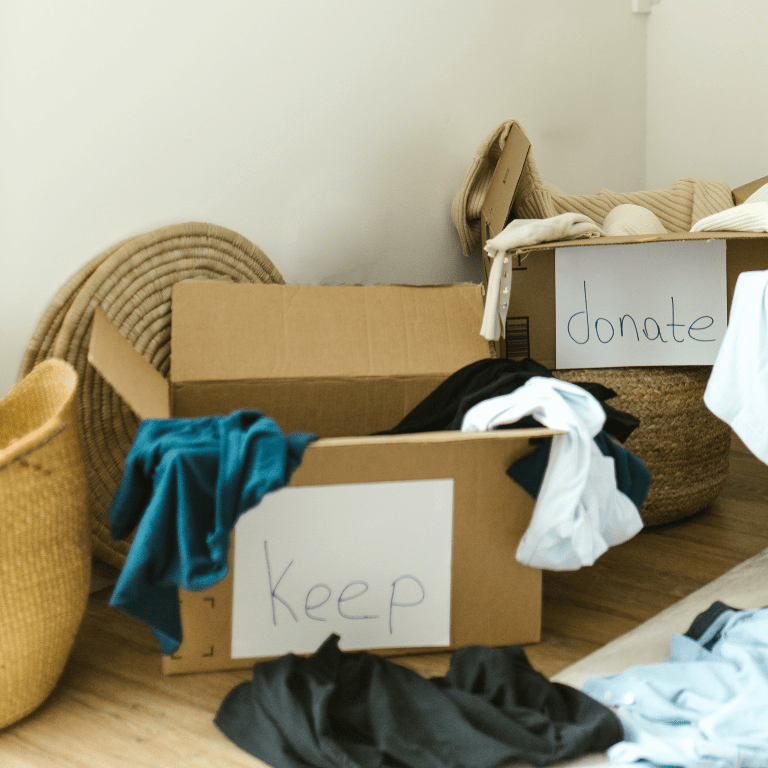
Go Green SG 2024 is underway until 14th July 2024, and we’ve included some Clean and Green Singapore experiences among other exciting events for you to engage with nature and sustainability. From hands-on workshops to behind-the-scenes tours, these activities are perfect for making our city greener and learning about innovative green practices. Dive into the adventure and make a positive impact on our planet!
1. Farmers’ Market: Chill Out Edition

Time: 9:00 a.m. – 1:00 p.m., Saturday, 6th July 2024
Location: City Sprouts Henderson, 102 Henderson Road, Singapore 159562
Organiser: City Sprouts
Description: Unwind and reconnect with nature at this edition of the Farmers’ Market. Enjoy wellness activities, farm-inspired workshops, and art healing handcrafts. Highlights include over 20 vendors, farm watercolour art, DIY rainsticks, flower and leaf coasters, and bottle planters.
2. Behind-the-Scenes: Public Cleaning Performance Audits

Time: 9:30 a.m. – 11:30 a.m., Wednesday, 10th July 2024
Location: Sembawang / Yishun area, Singapore
Organiser: CGS Experiences 2024
Description: Explore the daily operations that maintain Singapore’s cleanliness. Join NEA officers as they perform public cleaning audits using advanced technology, including geo-tagging and real-time reporting. Experience firsthand the challenges and solutions in public space maintenance. Note: Participation confirmation is required, and participants must be at least 18 years old.
3. Visit to Philips Light Lab

Time: 9:30 a.m. – 11:30 a.m., Saturday, 13th July 2024
Location: Philips Lighting (Light Lab), 622 Lorong 1 Toa Payoh #Level 1, Singapore 319763
Organiser: CGS Experiences 2024
Description: Explore advanced lighting technology at the Philips Light Lab. This interactive tour covers smart lighting options and energy-efficient solutions for homes. Learn about glare control, automation, and smart home platform integration from lighting specialists. Suitable for individuals aged 7 and above.
4. GDO Nature Walk – Bees and Butterflies Trail Tour

Time: 9:00 a.m. – 10:00 a.m., Saturday, 20th July 2024
Location: HortPark, meeting point at Visitors Services Centre
Organiser: National Parks Board (NParks)
Description: As part of Gardeners’ Day Out, an event held every third Saturday, discover the vital relationship between pollinators and plants on this Bees and Butterflies Trail. Gain insights into Singapore’s rich diversity of bees and butterflies and their significance in our ecosystem.
5. Tzu Chi Environmental Sustainability Day

Time: 9:00 a.m. – 12:00 p.m., Sunday, 21st July 2024
Location: Various Tzu Chi Eco Points
Organiser: Tzu Chi Foundation (Singapore)
Description: Every third Sunday of the month, Tzu Chi transforms void decks, pavilions, and communal areas into temporary eco points for recycling. Residents are invited to bring recyclables and participate in sorting activities. This initiative fosters environmental awareness and encourages a less wasteful lifestyle. Bring your children along to learn about environmental protection and contribute to a greener Singapore.
6. Plastic Collage: Explore Plastic Issues Today & Solutions for Tomorrow

Time: 6:15 p.m. – 9:30 p.m., Monday, 22nd July 2024
Location: PALO IT Singapore, 11 Beach Road, #06-01, Singapore 189675
Organiser: Plastic Collage Singapore
Description: Join this engaging and informative workshop focused on the challenges and solutions related to plastic pollution. The session covers industry trends, environmental impacts, and innovative ways to reduce plastic waste. As part of the Climate Fresk family, this workshop combines data-driven insights with a positive outlook to inspire actionable change.
7. PLASTIFY x Wheeler Tropikana Mobile Pop-up Workshop

Time: Multiple dates and times:
27th July 2024: 12:30 p.m. – 1:30 p.m., 4:00 p.m. – 5:00 p.m.
28th July 2024: 12:30 p.m. – 1:30 p.m., 4:00 p.m. – 5:00 p.m.
Location: Wheeler’s Tropikana, 9A Lock Road, Singapore 108926
Organiser: PLASTIFY
Description: Participate in a hands-on plastic recycling workshop at Wheeler’s Tropikana. Use PLASTIFY injectors to recycle HDPE2 plastics into items like coasters and carabiners. Enjoy the event’s BBQ, music, and the satisfaction of creating reusable products.
8. Repair Kopitiam

Time: Sunday, 28th of July
Place: Various locations
Organiser: Repair Kopitiam
Description:
Repair Kopitiam is an initiative designed to combat the disposable culture by offering a platform where individuals can mend their personal belongings with guidance and assistance from volunteer “Repair Coaches”. This do-it-yourself (DIY) repair event takes place on the final Sunday of each month at different locations throughout the country. To participate, attendees need to schedule a specific timeslot and are allowed to bring up to two items for repair during each session.
Read event house rules here.
















































































